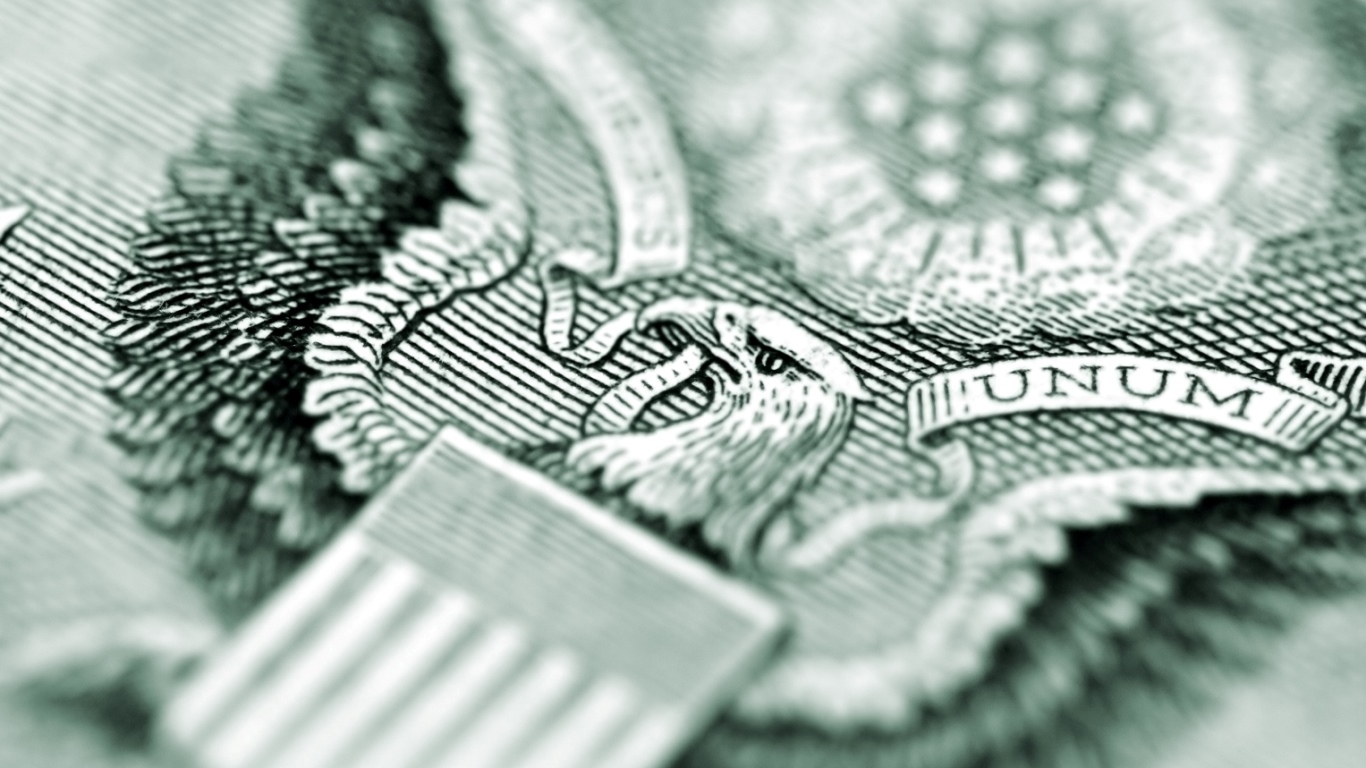Economy
Americans' Confidence About Their Own Finances Reaches Near-Record Highs

Published:
Last Updated:

Americans are feeling more and more confident about their finances in 2019. It turns out that the stock market panic late in 2018, all the trade war fears and even a partial government shutdown did not discourage America’s optimism all that much. A new poll from Gallup showed that 69% of Americans expect their financial situation to improve over the next year, and 50% of Americans now say that they are in better shape financially than a year ago.
It is one thing to have high numbers, but it means little without context. This level of optimism about finances is almost at a record high, one not seen since the 71% optimism reported back in 1998.
While the report is a strong one, Gallup did note that Americans are typically less positive about how their finances have changed over the past year than they are about where they’re headed. Still, the 50% who said that they are better off today than they were a year ago is a post-recession high. For more context: it was the first time since 2007 that at least half of the public believes that they are financially better off than they were a year ago.
The percentage of the public who believes that they are worse off than a year ago was also nearly a 20-year low. The report said:
Ten years ago, as the Great Recession neared its end, the percentage saying their finances had improved from the previous year was at a record low of 23%. More than half the public, 54%, said they were worse off. Now, with unemployment below 1998 levels and the job market growing steadily, the number saying they are worse off than a year ago has dropped to 26%, the lowest level since October 2000.
As has been shown in other surveys, there is also a degree of partisanship playing a role in past and future perceptions. Gallup signaled that members of most major demographic groups are more likely in 2019 to say their financial situation has improved in the past year than to say they are worse off. Democrats were the one major exception. The latest read showed that 37% of Democrats said that they are worse off financially rather than better off. That figure was just 32% a year ago.
Gallup further showed that among some of the key groups that generally vote Democratic, a plurality or majority say they are better off. This was shown below:
Republicans had strong confidence around their finances. Some 68% now say they are better off, and only 10% say they are worse off. Gallup further said:
Among groups that are more Republican than the national average, 66% of conservatives say they are better off, as do 57% of those with annual incomes of at least $100,000 and 56% of men.
It is not all that surprising that there would be some partisan differences in perception here. There have been similar observations in other measures of consumer confidence and sentiment readings over time. After all, think about how polarizing it is just reading or watching news these days. Still, Gallup did signal improvements were consistent when comparing current results to the pre-Trump surveys. The report said:
For both Republicans and Democrats, results are more positive over the same time spans for the question asking about financial expectations for the coming year. Though Republicans’ expectations rose after Trump took office and Democrats became less optimistic, majorities from both parties said they expected to be better off in the coming year in both the pre-Trump-election polls and the post-Trump-inauguration ones.
As far as how these polls are measured, Gallup conducted telephone interviews from January 2 through January 10 from a random sample of 1,017 adults aged 18 and older from all 50 states (and the District of Columbia). Each sample of national adults includes a minimum quota of 70% cellphone respondents and 30% landline respondents. Gallup projects that its margin of sampling error is four percentage points (+/-) at the 95% confidence level.
If you’re one of the over 4 Million Americans set to retire this year, you may want to pay attention.
Finding a financial advisor who puts your interest first can be the difference between a rich retirement and barely getting by, and today it’s easier than ever. SmartAsset’s free tool matches you with up to three fiduciary financial advisors that serve your area in minutes. Each advisor has been carefully vetted, and must act in your best interests. Start your search now.
Don’t waste another minute; get started right here and help your retirement dreams become a retirement reality.
Thank you for reading! Have some feedback for us?
Contact the 24/7 Wall St. editorial team.